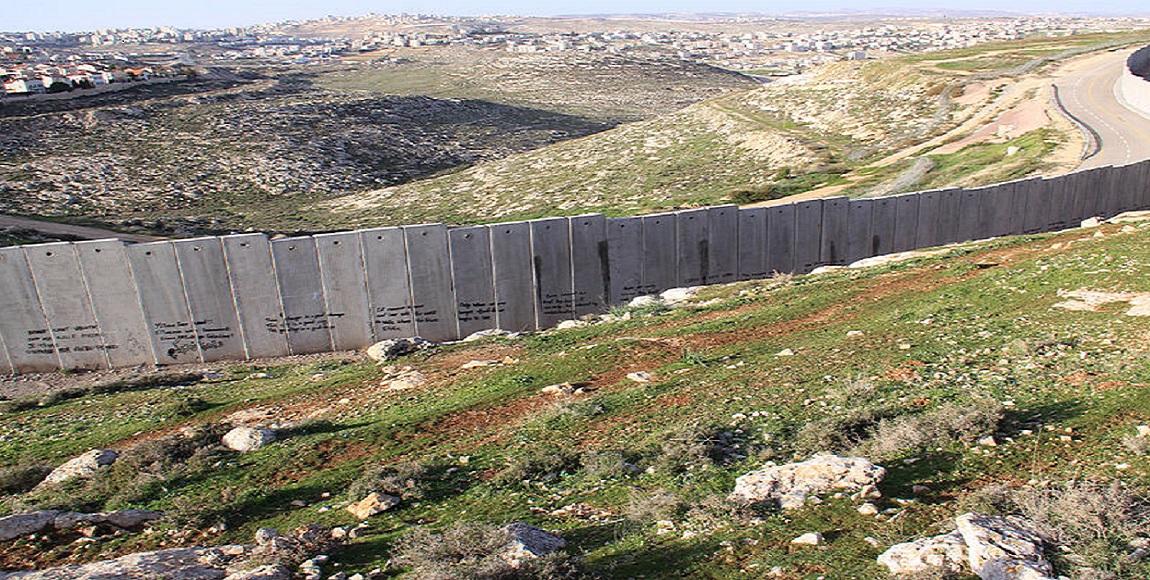As COVID-19 continues to spread around the world, many states have instituted lockdowns and quarantines for their citizens. South Africa is currently under a 21-day lockdown (which might be extended depending on an assessment of the situation). The lockdowns have raised questions about securing human rights while taking extreme measures to stop a pandemic.
Remember Kashmir?
Some commentators have flooded social media with posts. They’ve asked if we understand what it’s like for people in Kashmir, Palestine, Syria and other areas gripped in conflict. The assumption is that the experience of a lockdown ought to make us more empathetic of people living in the midst of violent conflict.
In Kashmir, the Indian government had the region under an almost six month internet lockdown from August 2019 to January 2020. People were forced to stay in their homes and were subjected to the harshest laws including communication lockdown, arbitrary arrests and curfew. This is still continuing. In the West Bank in Palestine, many people have been restricted to their homes due to the oppressive laws of the Israeli regime. They are unable to even commemorate holidays with family. While around the world, many refugees have been forced to leave their homes and are restricted to lockdowns in refugee camps.
The comparisons that have emerged are understandable and probably come from a good place. But it’s really, really not a good comparison. The lockdowns, self-isolation, and quarantines as a result of the coronavirus. Many people have been practising social distancing and going into self-quarantine. Even with government-enforced lockdowns, all of these actions have been undertaken for the benefit of people to prevent the spread of the virus. Meanwhile, in Kashmir and Gaza, people are being locked down under oppressive regimes denying them their human rights.
It’s not the same thing at all. Well, it’s like saying someone on an eating plan now has an idea of what starvation feels like.
Living in refugee camps during pandemics
And let’s not forget the virus has actually compounded the difficulties of people living in conflict-ridden areas.
While the rest of the world is taking action to stop the spread of infections and death, people from war-torn countries and those being oppressed are being denied this. In Kashmir, people can’t even get access to information around the virus.
For people in refugee camps, they live with limited access to health care and safe living conditions. The virus is only going to worsen those conditions. For Palestinians, last week Israeli soldiers confiscated equipment that was going to be used to set up a field hospital. Blocks that were going to be used to build tent floors were demolished.
It shouldn’t take having our civil liberties removed for us to emphasise with people living through these difficult conditions. Comparing the current situation most people are going through in the comfort of their homes to war zones and refugee camps is disingenuous. It speaks over those experiences of those living through those difficult conditions regardless of whether there is a pandemic or not.









